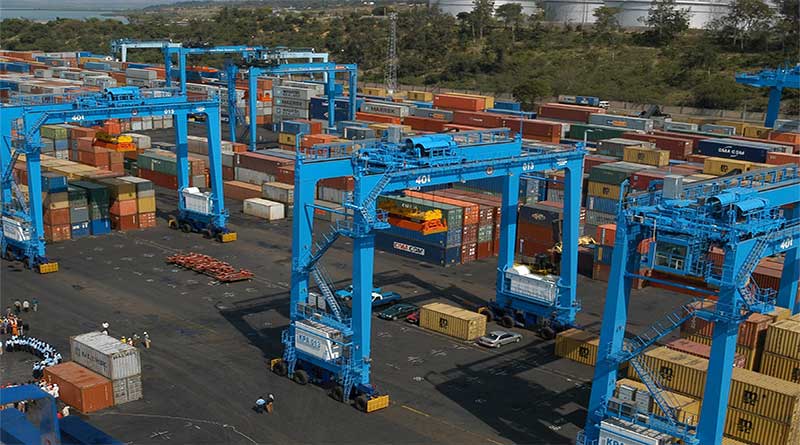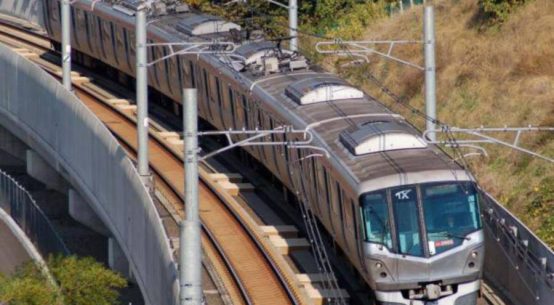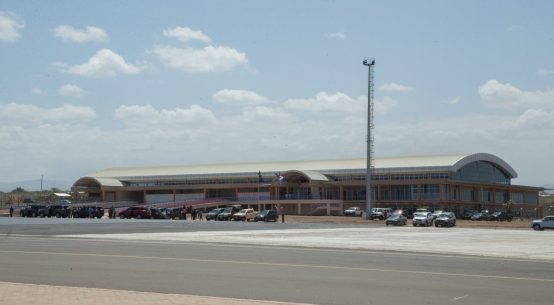
Customs agencies, globally, are facing the emerging dilemma of balancing demands to improve trade facilitation while at the same time meeting increasing needs for compliance.
They are under pressure to deliver customer-focused services, collect accurate revenues and prevent illegal trade within the constraints of limited resources.
This calls for modernization of customs administration to deliver agility, accuracy, security, and transparency using systems that are empowering rather than restrictive.
Hence the reason Kenya Revenue Authority (KRA) is implementing the Integrated Customs Management System (iCMS).
This system consolidates all the existing customs systems into one modern, robust and more efficient system built on the latest technology with the capability of seamlessly interfacing with other internal and external systems as the need arises. The system is bound to be a game-changer in customs processing as it will align operations with international best practices and improve the ease of doing business not only in Kenya but also the in East African Community (EAC).
In line with the World Trade Organisation’s (WTO) requirement for the simplification and harmonization of international trade procedures, iCMS promises to further simplify and optimise customs processes. The changes involve coming up with a new system that incorporates all the subsystems built around the main clearance system as well newly defined functionalities.
The current customs system, Simba 2005/2014, runs on a multiplicity of sub-systems and requires multiple points of authentication for users hence sometimes takes more time. But with the new system, it is envisioned that clearance time for imports and exports will reduce by at least 60 per cent.
For a long time, all EAC member states, except Kenya, have been using the Automated System for Customs Data (Asycuda). The iCMS is now able to exchange customs declaration information with Asycuda. This is of great benefit to countries that rely on Mombasa port. With the new iCMS, all countries that have been using Mombasa port will be able to track the movement of their cargo.
The issue of possible diversion of transit goods into the local market or disappearance of containers will be a thing of the past. Further, the new system has friendly interactive capabilities that will eliminate redundant processes, automate manual and semi-manual processes, and incorporate robust management in all customs transactions paving way for the era when traders will be enabled to make their own cargo self-declarations.
In addition, the iCMS solution comes with best practice features including auto-upload of cargo import data from shipping manifest to prevent import falsification, auto-exchange of information with iTax to counter non-compliant traders and a virtual electronic auction platform to make customs cargo auctions accessible to all.
FOLLOW US ON FACEBOOK FOR MORE LOGISTICS NEWS
This level of improvement for Kenya’s customs processes and procedures will allow for less paperwork and thus faster clearance, to save not only money but also the time in business transactions.








